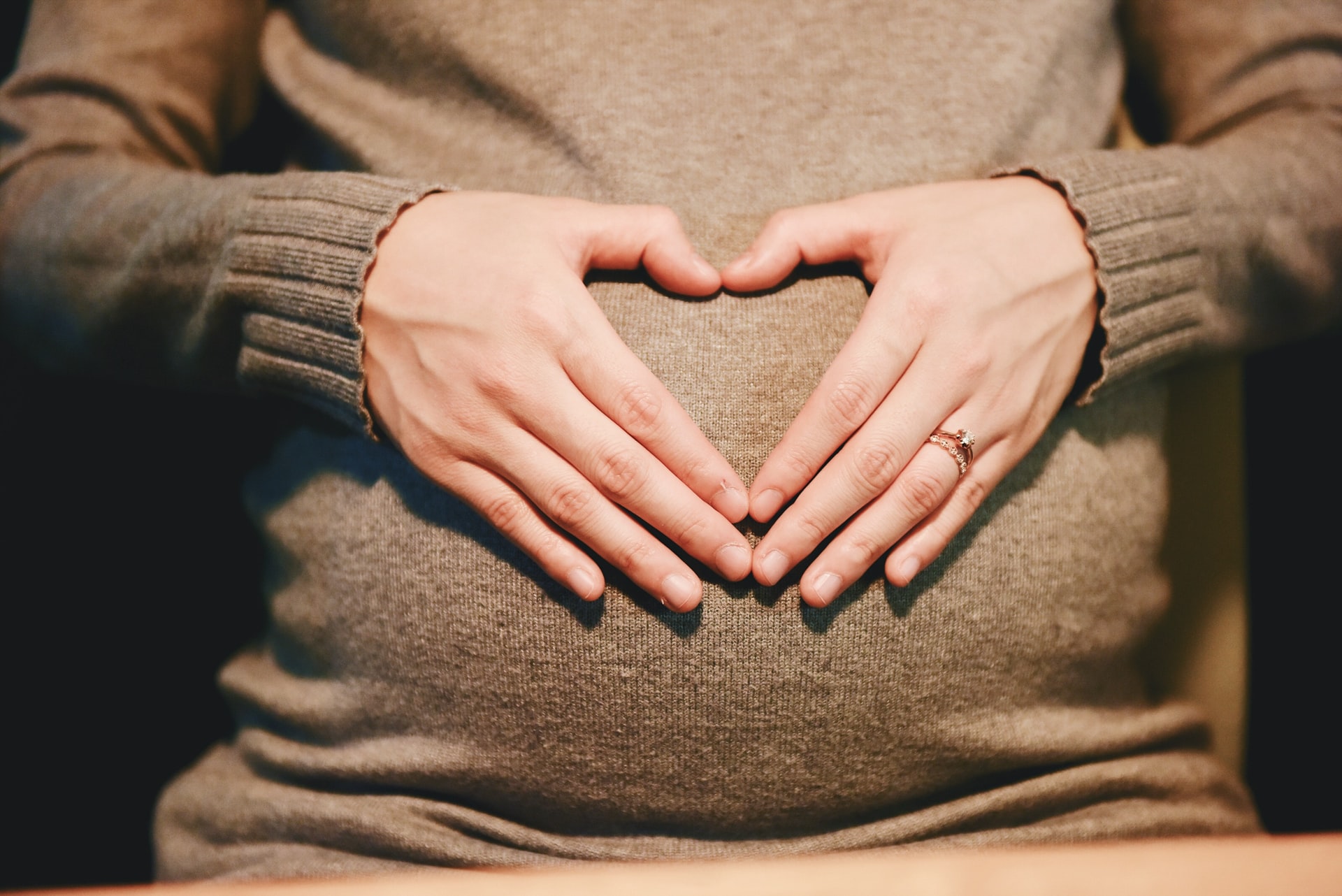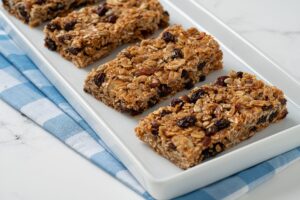As we all know, a pregnant woman has to eat not just for herself but for the tiny baby inside her as well. Therefore, every expectant mother must ensure that she consumes enough calories and proteins to keep two lives strong and healthy. But more than the quantity, it is important that you have good quality food. Also, pregnancy is a state where the immune system undergoes various changes. Thus, it is imperative to have nutritious food that boosts immunity. Let’s have a look at some healthy food options for pregnant women in this article.
Are you worried that your diet is not nutritious enough for the baby growing inside you?
According to the Indian Council of Medical Research (ICMR) – National Institute of Nutrition (NIN), the extra calories a pregnant female requires is 350 kcal/day. However, the recommended extra protein intake varies with the trimesters. For example, in the second trimester, it is 9.5 g/day and in the third trimester, it is 22 g/day. The overall recommended weight gain for a healthy pregnancy must be around 9-11 kgs. In addition, a pregnant woman should also increase her micronutrient intake such as iron and iodine, which are essential for the proper development of her fetus.
All the numbers and data might be quite alarming, but don’t you worry! We have a well-balanced diet chart all ready for you right here!
Balanced diet for pregnant women
Any meal for a pregnant female must be wholesome and balanced between carbohydrates, proteins, fats, vitamins, and minerals. Of course, drinking water in gallons is a given!

The ICMR – National Institute of Nutrition has laid out the balanced diet for pregnant females which is as follows:
- Cereals & Millets (Whole grains) – 325 g/day
- Pulses / Egg / Fish / Meat – 90 g/day
- Green leafy veggies & other veggies – 300 g/day (100+200)
- Roots & Tubers (except potatoes) – 100 g/day
- Fruits – 150 g/day
- Milk – 400 g/day
- Fats – 25 g/day
- Nuts & oil seeds – 40 g/day
- Spices – 10 g/day
Healthy food for all pregnant women
1. Milk and milk products
Dairy products such as milk, ghee, butter, yogurt, and cheese have protein, calcium, fatty acids, and probiotics. These are all good elements that you must incorporate into your diet for the healthy growth of the baby. But ensure that the milk products are pasteurized as unpasteurized ones contain various microbes that are deadly to the mother as well as the baby.
Ghee has omega-3 and omega-6 fatty acids which are essential fatty acids, that is, they cannot be synthesized by our body. Thus, it is advisable to take around 5 teaspoons of ghee a day during pregnancy, so that these good fats are available for the mother and the baby.
The Recommended Dietary Allowance (RDA) for calcium in pregnancy is 1000 mg/day. A major portion of this can be taken care of by drinking milk. Cow’s milk and goat’s milk, both are good as long as they are pasteurized. If you are opting for animal-milk alternatives such as soy milk choose those that are fortified with calcium and vitamin D.
Check out the Goat Milk Powder from Hye Foods’ Milky Dunes!
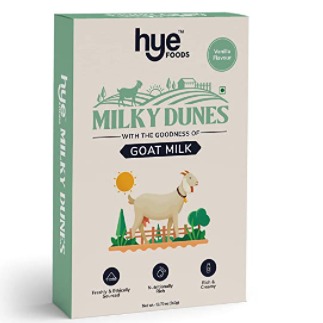
2. Whole grains
ICMR – National Institute of Nutrition recommends that 50% of the cereals & millets a pregnant lady consumes a day must be whole grains. Whole grains are rich in fiber, antioxidants, vitamins B & E, and micronutrients like iron, zinc, copper, and magnesium. A simple way of adding whole grains to your meal is by having oats or quinoa for breakfast and brown rice for lunch.
There are different options for whole grains available at Foodvez, do check them out!
- Patanjali oats
- Manna instant oats
- Ancient roots multigrain flour
- Quinoa
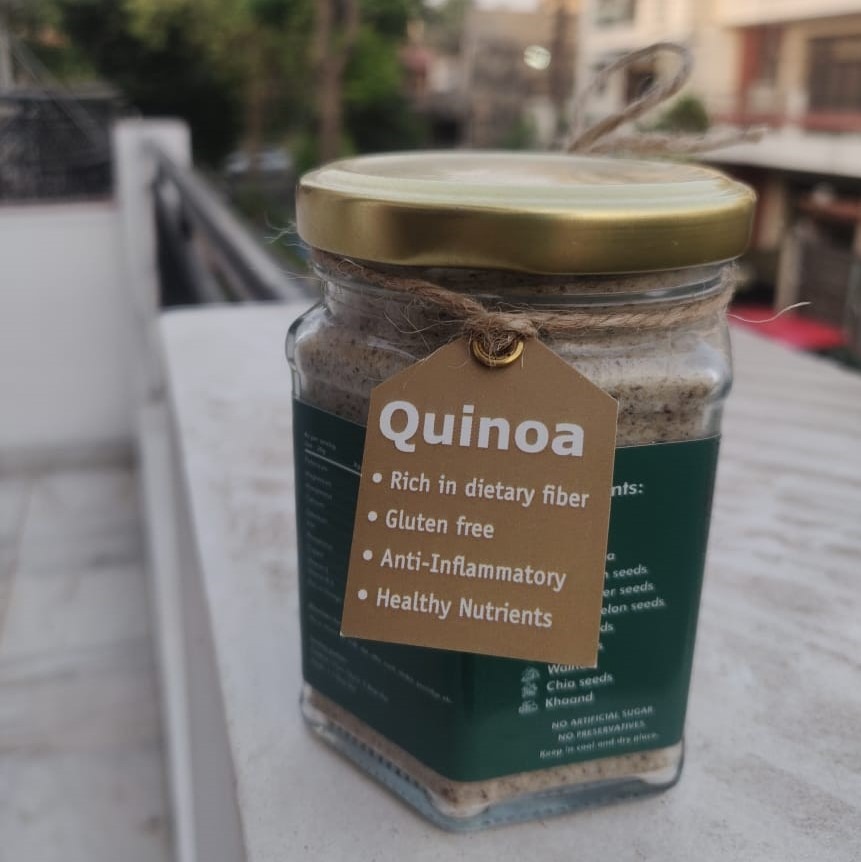
3. Green leafy vegetables
Green leafy vegetables such as spinach, cabbage, lettuce, broccoli, drumstick greens, etc., are no doubt rich in all the goodness you need. But most importantly these green leafy veggies have folate/ folic acid/ vitamin B9 in abundance. Folic acid is a crucial component of a pregnancy diet as it is protective against neural tube defects. Neural tube defects are malformations of the brain and spinal cord development.
The Recommended Dietary Allowance (RDA) of folic acid is 570 micrograms/day. The Govt. of India supplies Iron and Folic Acid (IFA) tablets which contain 60 mg of elemental iron and 500 mcg of folic acid. These IFA tablets should be taken as one tablet a day by all pregnant females for a period of 1 year. Other sources of folic acid include legumes, beef liver, nuts, fruits, and fortified grains.
If you are looking for iron and folic acid supplements, here are a few products from Foodvez,
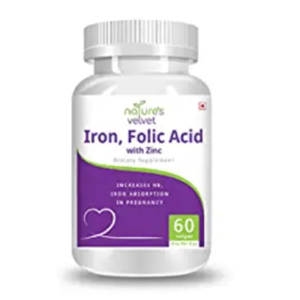
4. Fruits
As we very well know, fruits are excellent sources of vitamins, minerals, and fiber. Citrus fruits such as oranges and lemons are rich in vitamin C whereas apples and mangoes are rich in vitamin A. Bananas are rich in potassium, and avocados are a great source of monounsaturated fatty acids (MUFA), the good fat, and various vitamins.
Thus, fruits are a must-have healthy food for all pregnant women. It is recommended to have at least 2-3 servings of fruits a day. If it gets boring to eat cut fruits day after day you can also opt for fresh fruit juices and smoothies!
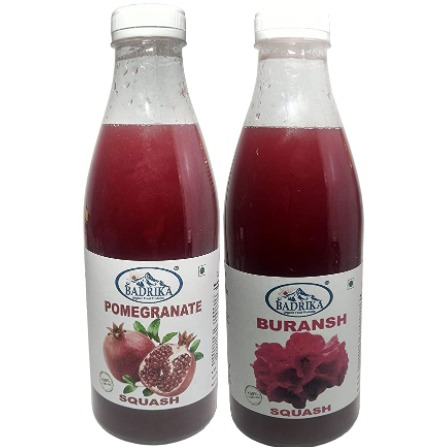
Try out the Badrika Pure Natural Pomegranate And Rhododendron/Burans Flowers Squash at Foodvez.
5. Egg, fish & meat
Eggs are the easiest available source of vitamin D and choline. Lean meat has an abundance of proteins, iron, choline, and vitamins. Fatty fish are rich in omega-3 fatty acids which are the healthy and essential form of fat and proteins.
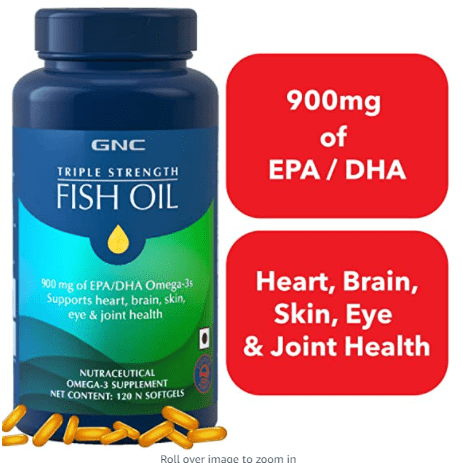
You can find a number of fish oil products here!
6. Nuts, dry fruits & berries
Nuts, dry fruits, and berries are the perfect snacks to much on while you relax. The fact that they are one of the best foods with wholesome nutrients is just a bonus. They are excellent sources of proteins, omega-3 fatty acids, fibers, vitamins C, E, and K, and minerals like zinc, magnesium.
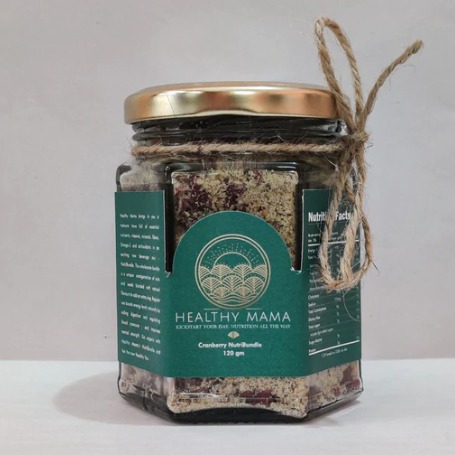
Do check out the bundle of nutrition stuffed in jars personalized to varied flavors at Foodvez!
As much as it is important to eat healthy food during pregnancy, it is also important to stay hydrated and well-rested. The mental and physical health of the mother is the most valuable wealth for the baby and the family as a whole.

